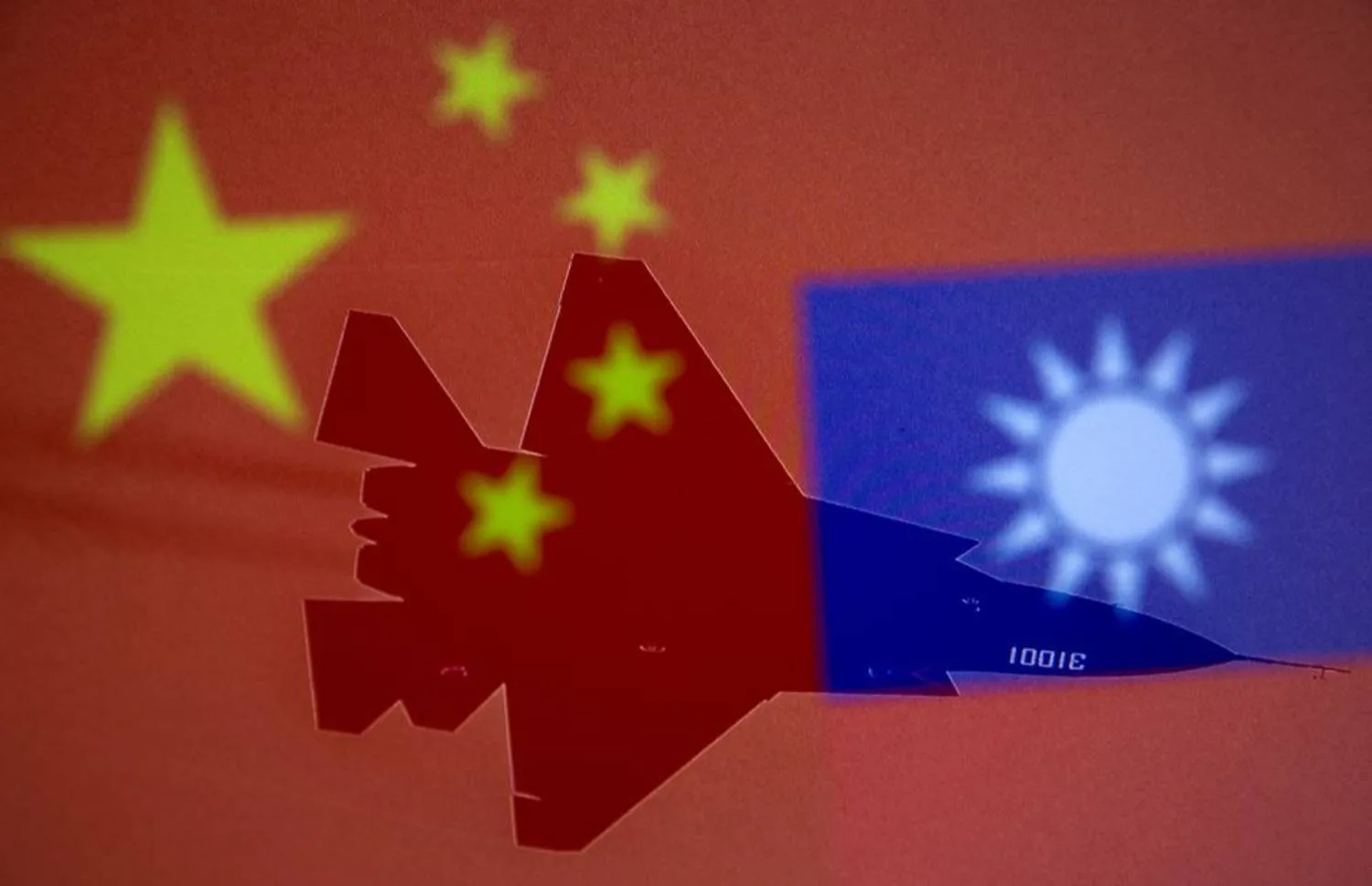Taiwan said Monday that six Chinese balloons either flew over the island or through airspace just north of it, while Chinese warplanes and navy ships were also detected in the area.
The dispatch of such balloons, which generally disappear into the Pacific to the east, appears to be on the rise, though their purpose has not been publicly announced.
The Defense Ministry noted the balloon sightings on a list of Chinese People’s Liberation Army activity in the waters and airspace around Taiwan. One passed near the southern city of Pingtung, while the others flew just north of the port of Keelung, where Taiwan has an important naval base, The Associated Press reported.
It remains unclear whether the balloons have an explicit military function, but they appear to be part of a campaign of harassment against the self-governed island, which China claims as its own territory and has vowed to reclaim by force if necessary.
In the leadup to Taiwan’s presidential election earlier this month, China had been stepping up such activities, along with its rhetorical threats, though Beijing’s threats are generally seen as backfiring.
The independence-leaning Democratic Progressive Party won a third straight term in the presidency, this time under current Vice President Lai Ching-te, or William Lai. The pro-unification Nationalist Party won just one more seat in the legislature than the DPP. The party of former Taipei Mayor Ko Wen-je siphoned votes off both parties, especially by appealing to young people fed up with politics as they are.
In the US early last year, President Joe Biden vowed sharper rules to track, monitor and potentially shoot down unknown aerial objects after a three-week drama sparked by the discovery of a suspected Chinese spy balloon transiting much of the United States.
The US labeled the balloon a military craft and shot it down with a missile. It recovered what it said was sophisticated surveillance equipment. China responded angrily, saying it was only a weather balloon that had blown off course and called its downing a major overreaction.
Those are sometimes referred to as China's “gray area tactics” that cause consternation among its foes without sparking a direct confrontation. China has long blurred the lines between military and civilian functions, including in the South China Sea, where it operates a huge maritime militia — ostensibly civilian fishing boats that act under government orders to assert Beijing’s territorial claims.
China's campaign of intimidation against Taiwan includes the regular deployment of Chinese warships and planes in waters and airspace around the island, often crossing the middle line of the 160-kilometer (100-mile) -wide Taiwan Strait that divides them. The two split following the seizure of power by Mao Zedong's Communists on the Chinese mainland.
Between Sunday and early Monday morning, four Chinese warplanes and four navy ships were detected around Taiwan, the Defense Ministry said. Taiwan’s military monitored the situation with combat aircraft, navy vessels and land-based missile systems, the ministry said.









